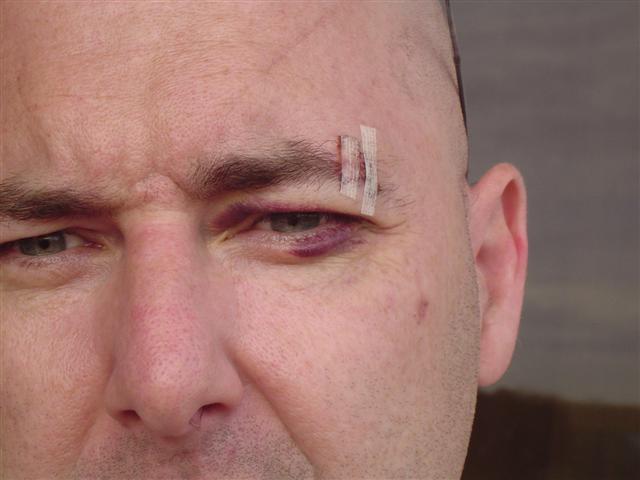living among people who fundamentally believe in the existence and reality of god, while personally having a world view that has been called, free-thinking, skeptical or simply jaded is a strange experience. the fact that i am in high tech, and from one of the most liberal and educated areas of the US, or that most of my best friends come from and support a pragmatic libertarian lifestyle makes it all the more of an issue.
my family suffered from religious entropy as i grew up. inter-sect marriage, inter-racial friends, inter-city lifestyle and intra-childhood divorce has taken its toll on the entire family’s ability to believe. this is true for my generation, but the next, that of the kids… they are living in a time where nearly all beliefs are openly challenged and the guilt of not believing is nearly eliminated.
one of my favorite television characters, one i have written about in the past, is dr. gregory house. house delights in attacking a cross-wearing or sabbath observing patient with statements questioning the reality of their “mythical friend”. i without being able to help it have smiled every time i have heard this. i have even been known to use the term myself while attempting to irritate, or is that instigate a response from, a friend who does still believe.
what has struck me is that house is alone, immerses his self in work, and focuses on building and supporting team he clearly likes even if he keeps his distance from them. house also has visible pain and dependency; both of which relate to loss, but i see them as metaphorical reminders of the loss of an earlier belief more than the loss of his thigh’s muscle.
who is the "mythical friend" house is really missing? is it one he cannot touch, or one he can no longer touch. the fact that religious symbols are tied into words like communion, or coming together with the myth, should not be over looked. the core element to most faith is the extension of membership to believers, believers who use faith to transcend doubt or lack of evidence. this is true in many relationships, those with religion which house states is a myth, and those myths which flow from relationships with a person who initially seems to be concrete, and can begin to take on the elements of faith to believe the mythical image.
does house's pain symbolize his lack of relationship with one of his personal mythical figures? if it does this clearly is commentary that the myths accepted by others must be as well. it may not be instantly self evident but consider how deeply feelings of loss and pain can be felt when confronted with the stark reality of faith exposed to be untrue.
we all have myths that we hold dear, some we can live without challenging. others when exposed as false we simply create a new reality or myth to replace the original. but the event that causes real pain is when we are unable to accept the new reality, or incorporate the truth of the reality into ourselves. we simply go on and on believing long after the myth should be stripped away.
as children we are forced to give up our "imaginary" friends, which we are told is part of maturing; we are expected to replace these friends with “real” friends. when these "real" are exposed as myth, we are encouraged to quickly give them up much the same way as we did those from the simplicity of our childhood. the hard reality is that sometimes the more mature myths are harder to let go of. house is a portayal of this using chronic pain, addiction and suppressed longing as symbols of the suffering caused by losing myths. what humanizes this protrayal is that he appears to fully understand his situation, he may be crippled by the pain but it is what makes him house.
so why do we seem so set on creating, supporting and believing these myths. what would be the harm of simply living in reality and accepting the world as it actually is?
if we could accept the world for what it really is, there would be no need to create and hold onto myths in the first place.
Sunday, November 09, 2008
Subscribe to:
Post Comments (Atom)











No comments:
Post a Comment